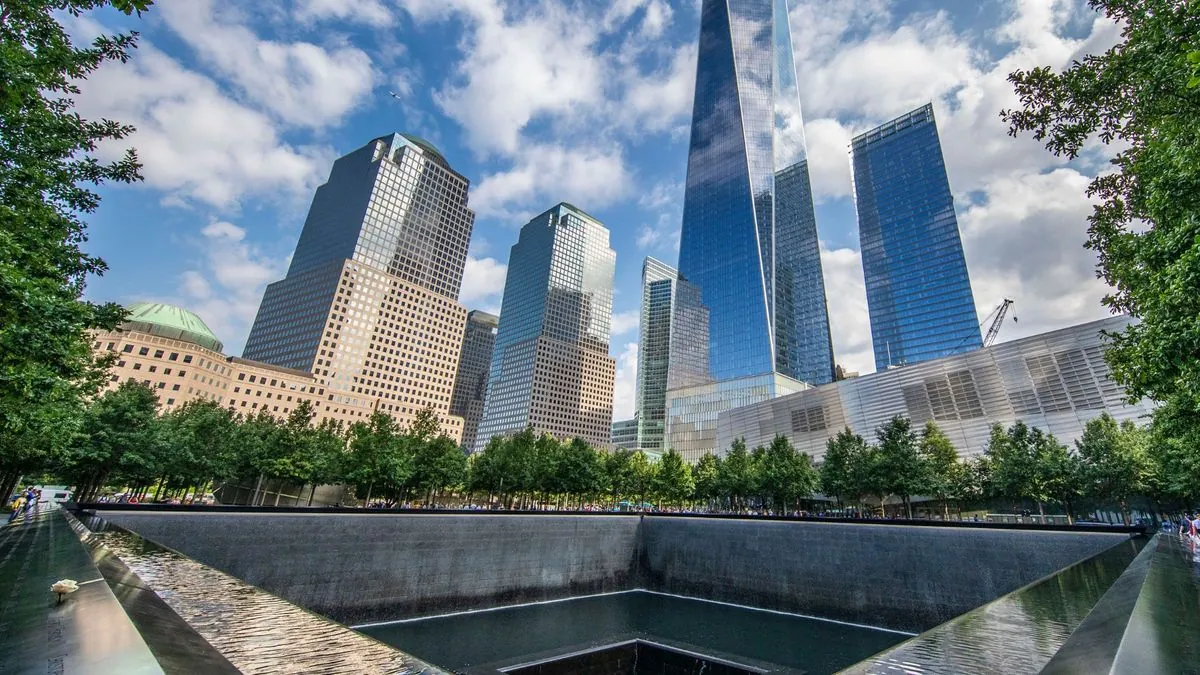As the United States marks the 23rd anniversary of the September 11, 2001 attacks, the nation finds itself at a unique intersection of remembrance and political activity. This year's commemoration takes place against the backdrop of a presidential election campaign, adding a layer of complexity to the solemn occasion.
The attacks, which occurred 23 years ago, resulted in the loss of 2,977 lives and forever altered the course of American history. The World Trade Center towers, once symbols of American economic might, were reduced to rubble, while the Pentagon, the heart of U.S. military operations, suffered significant damage. In Pennsylvania, the heroic actions of passengers on Flight 93 thwarted what could have been an even more catastrophic outcome.
Vice President Kamala Harris and former President Donald Trump are expected to attend ceremonies at the World Trade Center site in New York and the Flight 93 National Memorial in Pennsylvania. Their presence at these events, following their recent debate, underscores the delicate balance between honoring the victims and navigating the political landscape.
President Joe Biden is scheduled to visit all three attack sites, continuing the tradition of presidential participation in these somber observances. This practice highlights the enduring impact of 9/11 on the nation's collective consciousness and its influence on U.S. foreign and domestic policies.
The aftermath of 9/11 led to significant changes in American society and governance. The creation of the Department of Homeland Security in 2002 and the passage of the USA PATRIOT Act expanded the government's security apparatus and surveillance capabilities. The attacks also precipitated the "Global War on Terrorism," which included protracted military engagements in Afghanistan and Iraq.
"You're around the people that are feeling the grief, feeling proud or sad — what it's all about that day, and what these loved ones meant to you. It's not political."
The National September 11 Memorial & Museum, which opened to the public in 2014, has become a focal point for remembrance. The annual ceremony at this site, where relatives read the names of the victims, serves as a poignant reminder of the personal toll of that fateful day.
Communities across the nation have developed various traditions to honor the memory of those lost. These range from wreath-laying ceremonies and flag displays to volunteer projects, reflecting the diverse ways in which Americans choose to remember and pay tribute.
As the years pass, a new generation, born after 2001, is now participating in these ceremonies. Their presence underscores the ongoing impact of 9/11 on American families and the importance of preserving the memory of those lost for future generations.
The 9/11 attacks continue to shape American policy and society. Over 2,000 first responders have died from 9/11-related illnesses since the attacks, highlighting the long-term health consequences for those who worked at Ground Zero. The 9/11 Victim Compensation Fund, established to provide financial support to victims and their families, stands as a testament to the nation's commitment to those affected by the tragedy.
As the United States reflects on this somber anniversary, it does so with a renewed appreciation for the resilience of its people and the enduring spirit of unity that emerged from one of the darkest days in its history.
